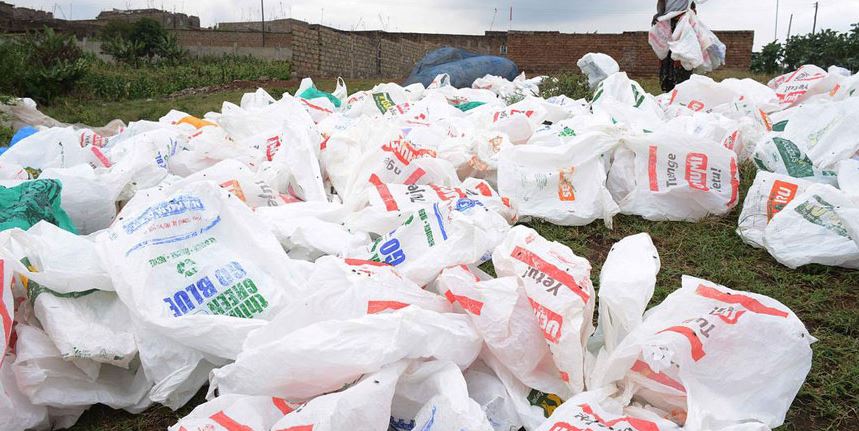Despite enacting a groundbreaking law in 2017 to prohibit single-use plastic bags for household and commercial purposes, Kenya continues to grapple with plastic pollution. Nairobi, its capital, alone generates approximately 2,400 metric tonnes of solid waste daily, with one-fifth comprising plastic.
In a bid to further combat this environmental challenge, the National Environment Management Authority (NEMA) has introduced a new measure: a ban on the use of plastic bags for the collection of organic waste, such as leftover food. This initiative aims to encourage the adoption of more sustainable waste management practices across the country.
According to the directive issued by NEMA, plastic bags will be prohibited for organic waste collection at markets, with the ban set to take effect 90 days after the initial notice was issued on April 8. Instead, all organic waste generated by households, public and private sector institutions, as well as functions and events, must be segregated and placed in 100% biodegradable garbage bags.
To facilitate compliance with the new regulation, NEMA has instructed all county governments and private waste services to supply their clients with the required biodegradable bags. However, analysts caution that this move is likely to result in increased costs for garbage collection, particularly for households.
While Kenya’s efforts to tackle plastic pollution are commendable, the success of this latest initiative will depend on effective enforcement and widespread adoption of sustainable waste management practices at all levels of society. By taking decisive action to reduce the use of plastic bags in organic waste collection, Kenya aims to mitigate the harmful environmental impacts associated with plastic pollution and pave the way for a cleaner, healthier future.

